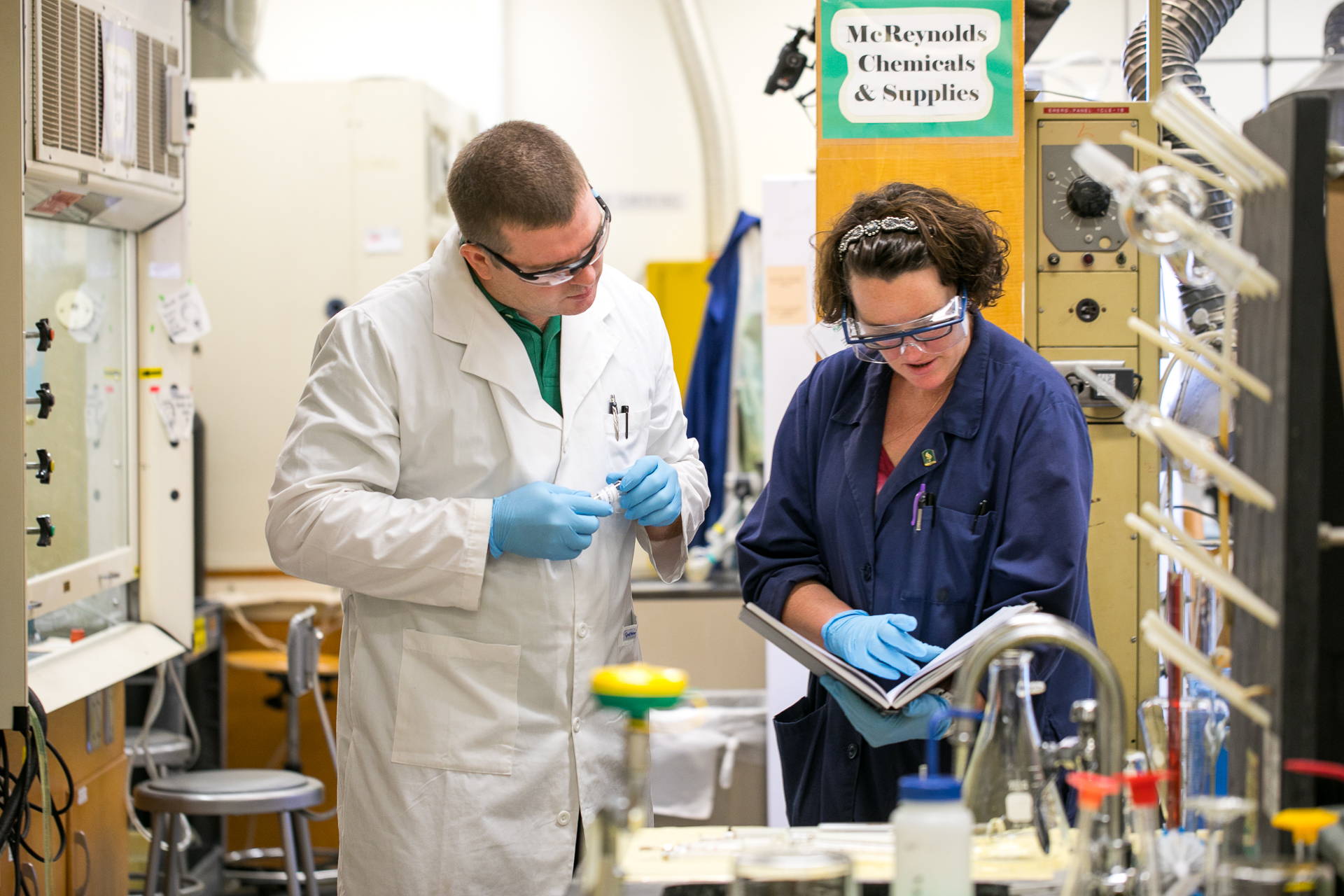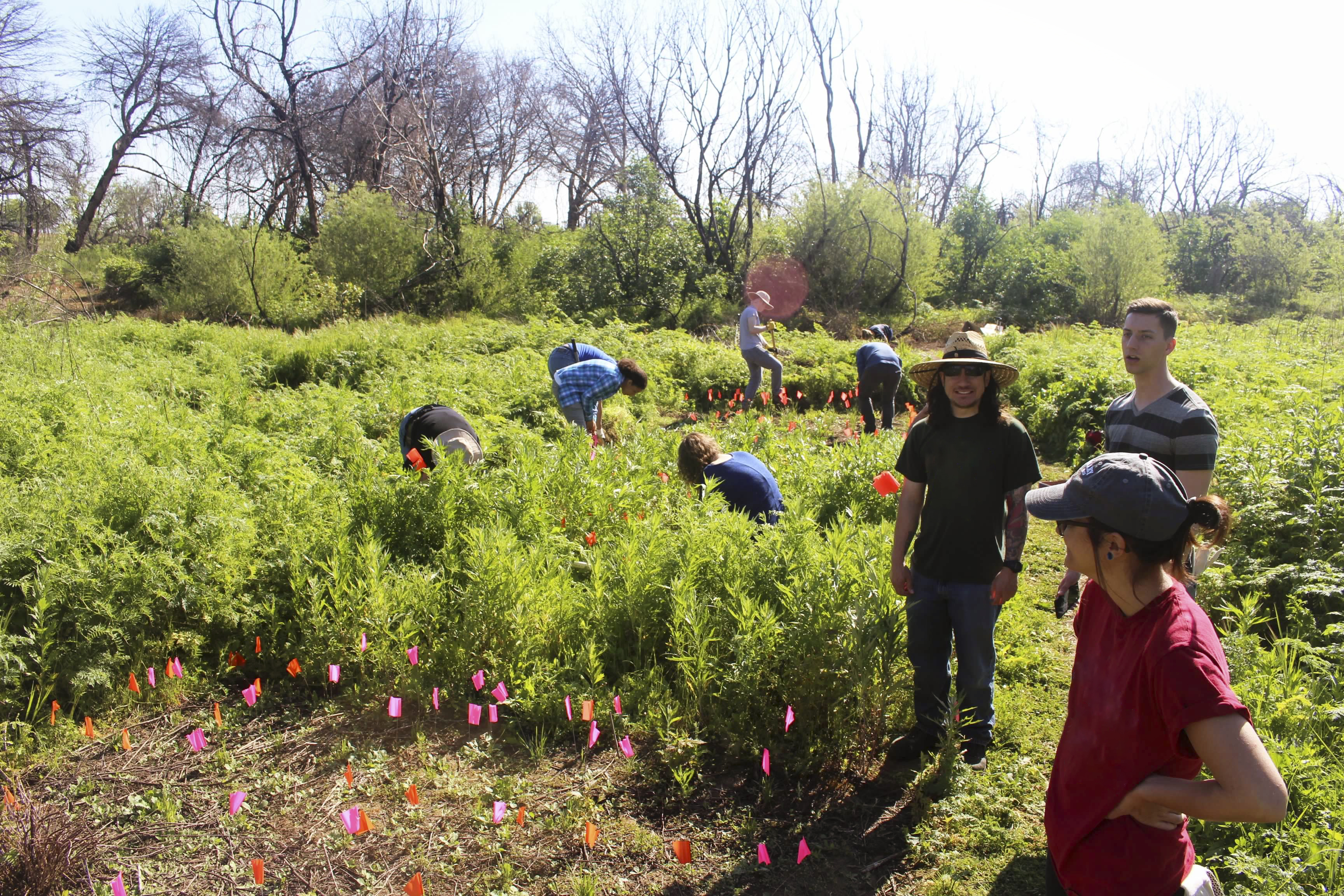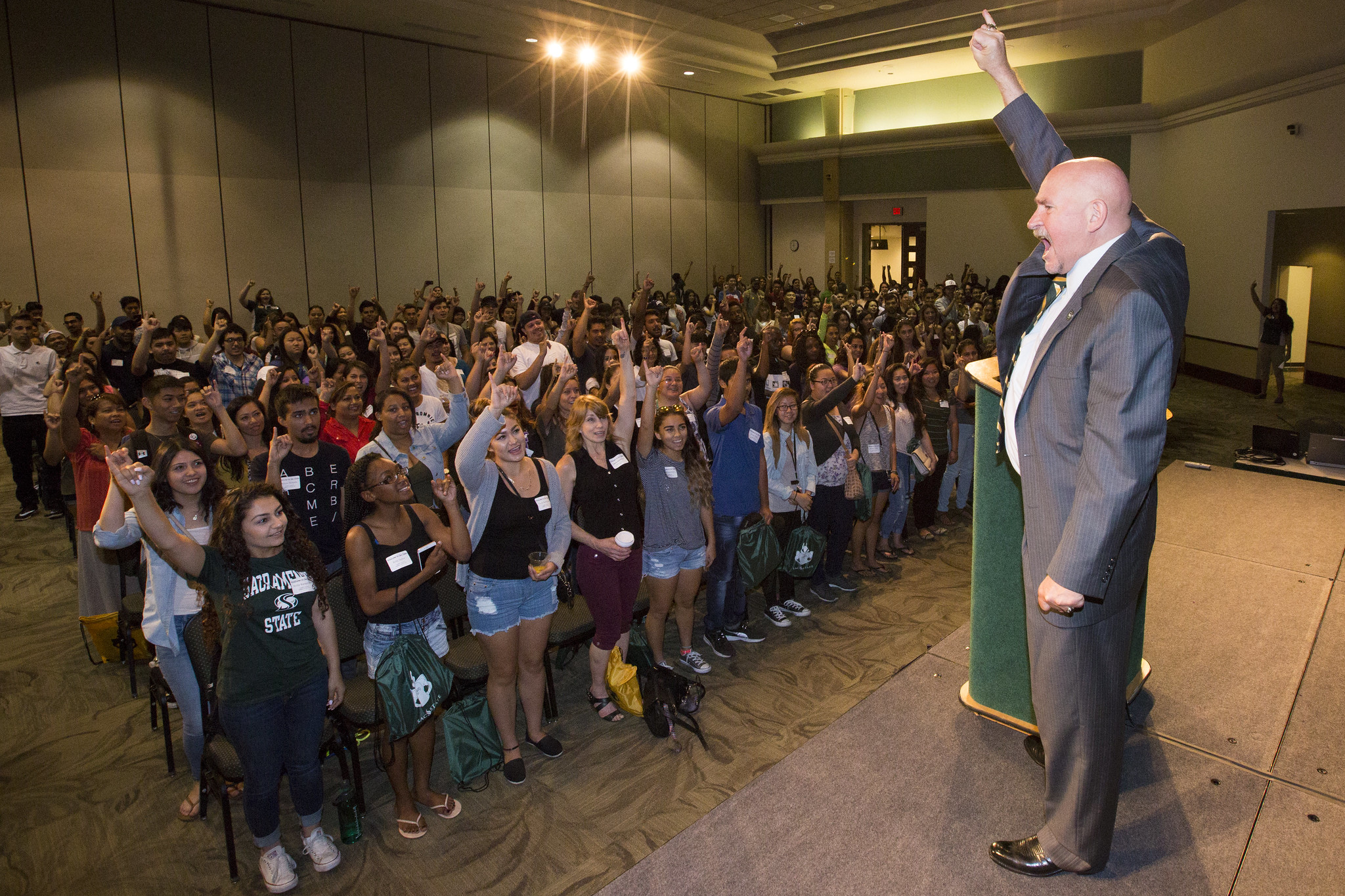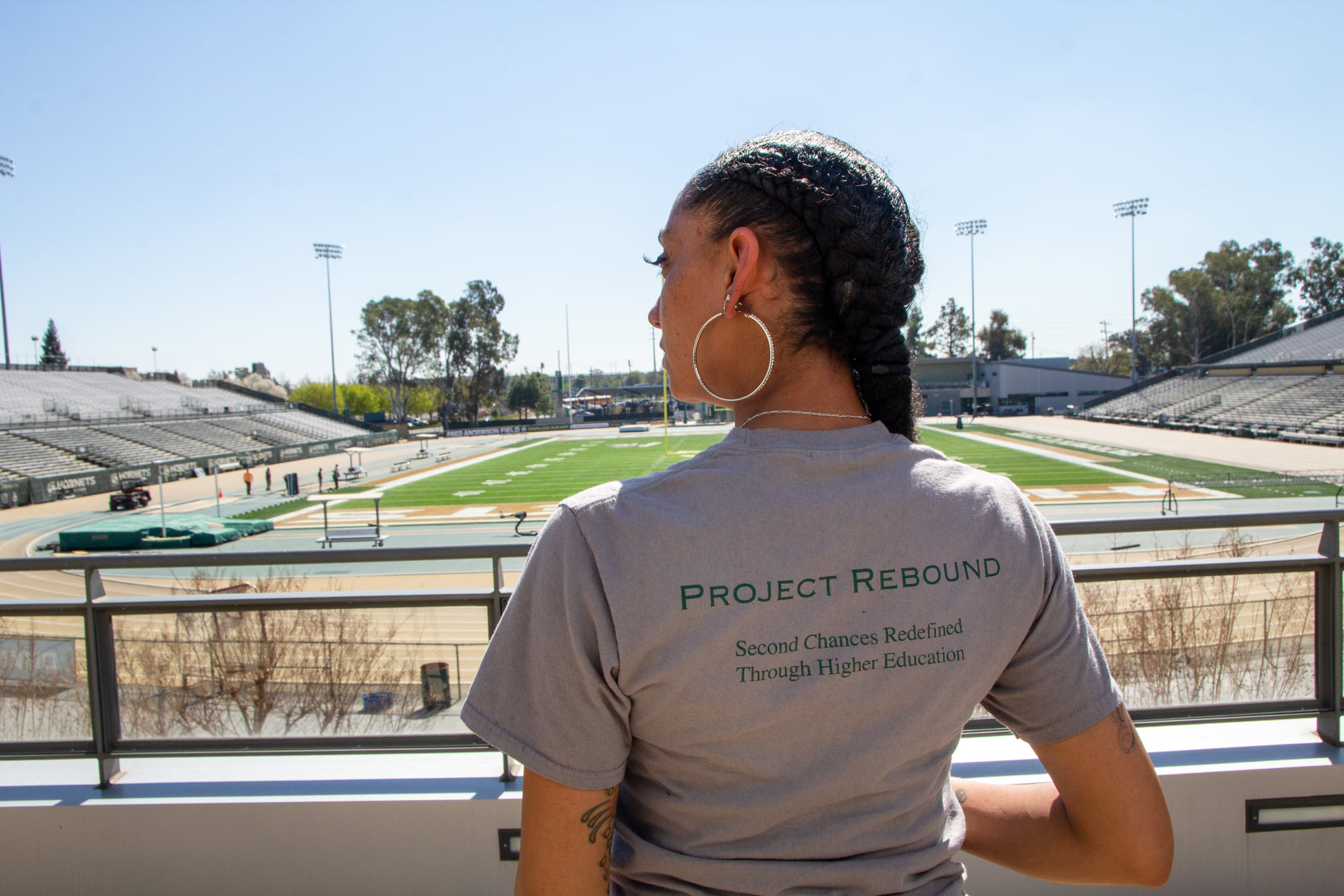Story Content
New, state-of-the-art equipment will help Sac State researchers study viruses that cause illness

August 12, 2022
Sacramento State science students and faculty members will benefit from a new, state-of-the-art piece of equipment that will help advance research into viruses that cause AIDS, COVID, and other medical conditions.
A $200,000 National Science Foundation grant will allow the College of Natural Sciences and Mathematics later this year to install the instrument, the Size Exclusion Chromatography-Multi Angle Light Scattering device, or SEC-MALS.
Chemistry Professor Katherine McReynolds said the instrument is the only one of its kind in the Sacramento region and will benefit scientists on and off campus. Researchers at the U.S. Geological Survey and at UC Davis Medical School are among parties who will have access to it, McReynolds said.
McReynolds will lead Sac State investigations, along with Chemistry Professors Linda Roberts and Stefan Paula. Physics and Chemistry students who take upper division lab courses will also benefit from the instrument’s “added level of sophistication,” she said.
SEC-MALS measures the size and weight properties of molecules, such as proteins and polymers, by detecting how they scatter light. The information helps scientists identify and evaluate various species and determine purity.
Researchers, led by McReynolds, will investigate therapeutic agents that may block transmission of HIV, the virus that causes AIDS, and SARS-CoV-2, which causes COVID.
“It essentially will provide specialized detection and give us lots of information about the size and dispersity of our samples,” said McReynolds.
The compounds that McReynolds and her students synthesize in their Sac State lab are versatile in their ability to fight multiple viruses, they have found. The agents ultimately could be developed into medicines that slow the spread of HIV and COVID, and also serve as “a first line of attack against potential future pathogens,” she said.
“I’m always thinking about enhancing the experiences of our students and giving them something that could alter the shape of their future,” said McReynolds. The work gives students valuable research experience and helps build resumes that are attractive to employers, she said.
SEC-MALS will make their work more precise and efficient, McReynolds said, eliminating the need to conduct analyses off campus, a process that can be costly and that limits hands-on learning experience, she said.
“This will bring the work back home,” McReynolds said.
Paula studies organic compounds known as liposomes and will use the new equipment to determine their diameter and consistency. Roberts will use SEC-MALS to study proteins that contribute to plaque in arteries.
The instrument will also be incorporated into several academic courses.
“This instrument is going to be fantastic,” McReynolds said. “It brings new research capabilities to us and to outside collaborators. It will give us enhanced information that we have not been able to get before on our campus.”
Media Resources
Faculty/Staff Resources
Looking for a Faculty Expert?
Contact University Communications
(916) 217-8366
communications@csus.edu


